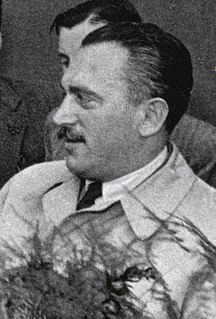A Quote by Jeff Cooper
"What would I do if?.." By thinking tactically, we can more easily arrive at correct tactical solutions, and practice - even theoretical practice - tends to produce confidence in our solutions which, in turn, makes it easier for us, and thus quicker, to reach a decision.
Related Quotes
To think that practice and realization are not one is a heretical view. In the Buddha Dharma, practice and realization are identical. Because one's present practice is practice in realization, one's initial negotiating of the Way in itself is the whole of original realization. Thus, even while directed to practice, one is told not to anticipate a realization apart from practice, because practice points directly to original realization.
The most constructive solutions are those which take into consideration the views of all persons involved and are acceptable to all. Such outcomes are the result of negotiation strategies where the needs of both sides are considered important and an attempt is made to meet all needs. These solutions are appropriately called Win-Win because there are no losers. While often difficult to arrive at, the process leading to such solutions builds interpersonal relationships, increases motivation and improves commitment. Win-Win solutions are the most desirable outcomes of conflict resolution.
Never underestimate your players; they can do it with enough game-like practice. Coaches must put more emphasis in practice and in life on making student-athletes aware of what they could or can do, rather than what they couldn't or presently can't do. The focus must be on solutions, not problems; what is wanted, not what is feared.
If enlightenment comes first, before thinking, before practice, your thinking and your practice will not be self-centered. By enlightenment I mean believing in nothing, believing in something which has no form or no color, which is ready to take form or color. This enlightenment is the immutable truth. It is on this orginal truth that our activity, our thinking, and our practice should be based.
When we talk about technology changing the world, we often hear about how it makes our lives easier, more connected, safer, or even healthier. They're all things we can easily identify with. The Internet makes our lives easier; services like Skype and WhatsApp allows us to be more connected - the examples are endless.



































